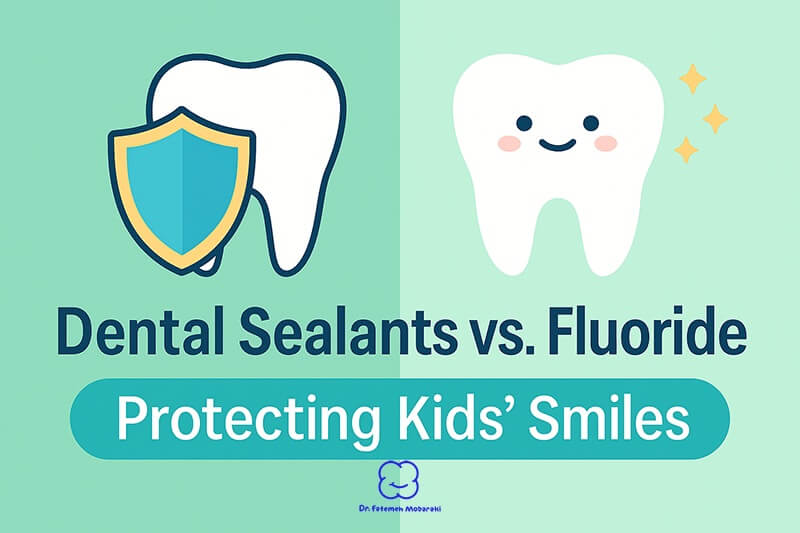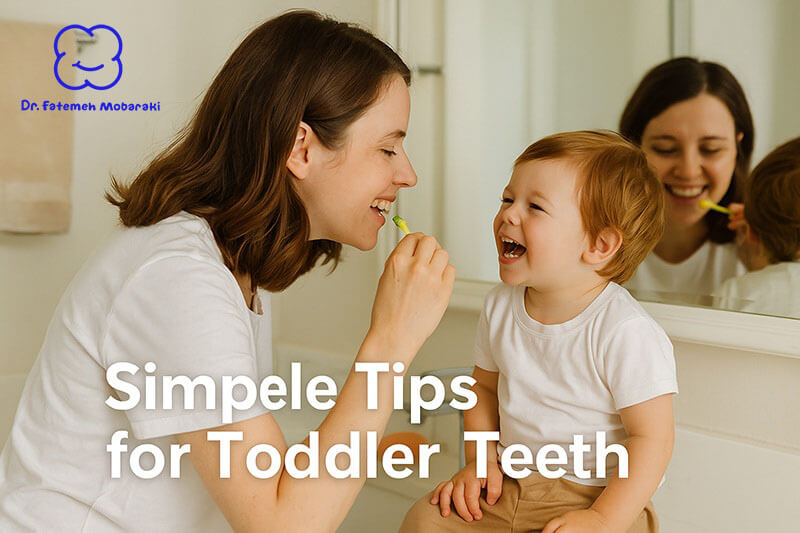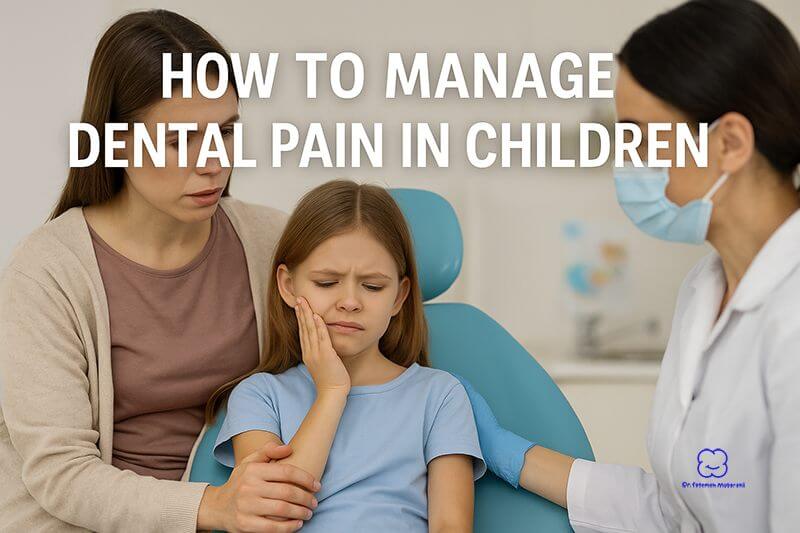Why Baby Teeth Matter: The Importance of Baby Teeth Care for Kids
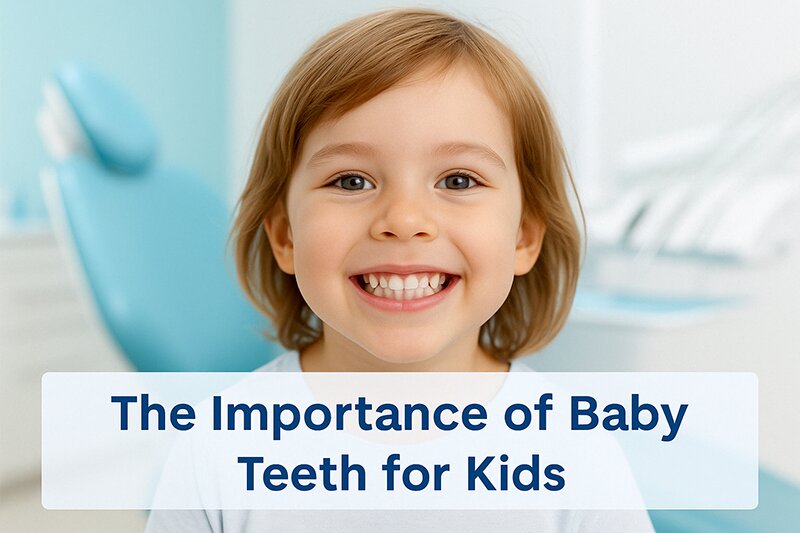
From the moment your child’s first tooth appears, a vital part of their lifelong health journey begins. Often referred to as primary teeth, baby teeth may be temporary, but their role is anything but minor. As a trusted pediatric dentist in Dubai, we’re often asked by parents whether these little teeth really matter since they […]
Preventing Gum Disease in Children
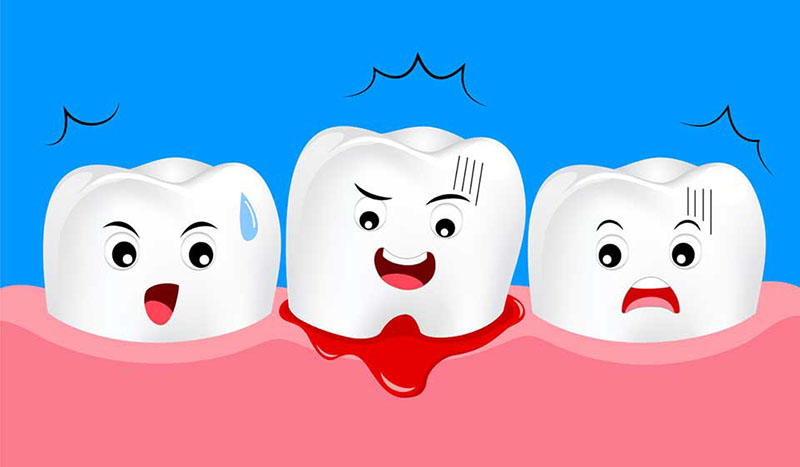
When we think about gum disease, we often associate it with adults. However, gum disease in children is more common than many parents realize. It can affect your child’s oral health and overall well-being if left untreated. At Dr. Fatemeh Mobaraki’s pediatric dental clinic in Dubai, we aim to educate parents on how to identify, […]
Expert Dental Crown Care for Kids in Dubai: Proven Aftercare Tips
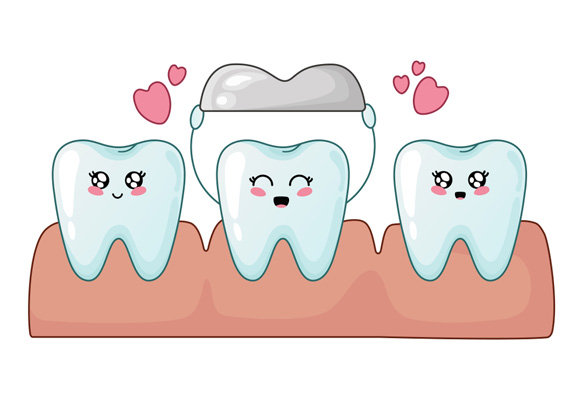
Dental crowns are a common treatment for children in Dubai with significant tooth decay or damage. Dental crowns for children help restore function and protect damaged teeth. Proper care after the procedure is crucial to ensure your child stays comfortable and their crown lasts as long as possible. In this guide, we’ll explore dental crown […]
Child Dental Crown Procedure: Essential Guide for Parents
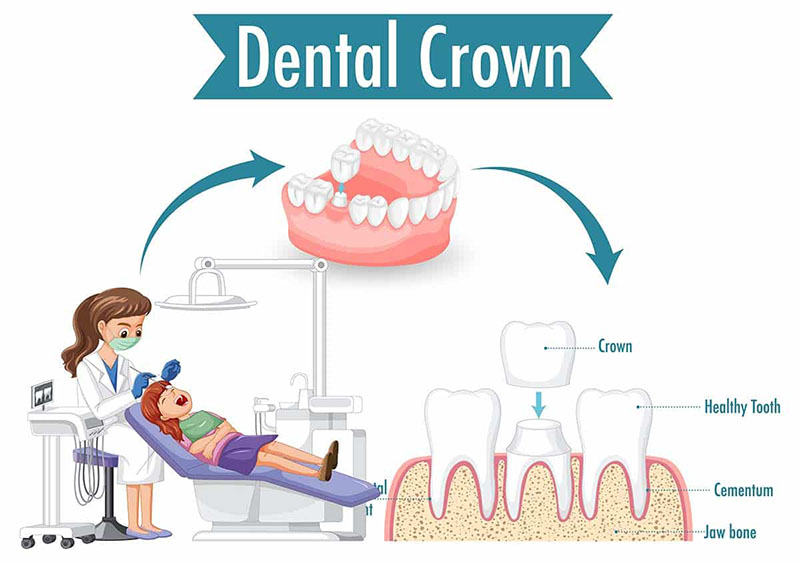
A child dental crown procedure is a common and effective treatment to restore the function and appearance of a child’s damaged or decayed tooth. Understanding the process can help alleviate any concerns and prepare both you and your child for the experience. 1. Understanding Child Dental Crowns A dental crown is a tooth-shaped cap placed […]
Best Dental Crown for Children: A Complete Guide for Parents
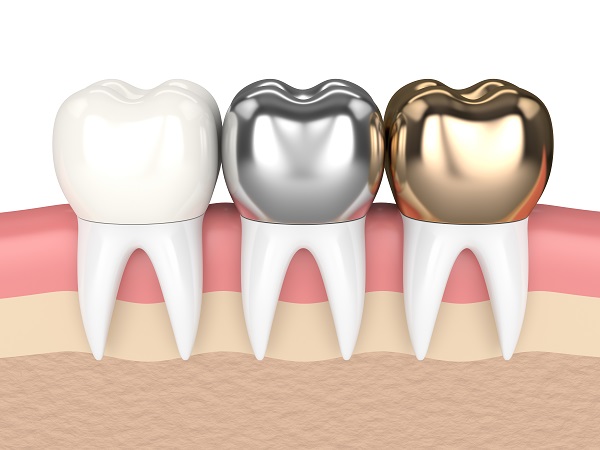
When it comes to your child’s dental health, selecting the best dental treatments can sometimes be overwhelming, especially when considering dental crowns. Dental crowns are vital for protecting and restoring a child’s teeth that are damaged or decayed. As a parent, choosing the best dental crown for children is essential not only for their dental […]
Baby teeth filling vs crown
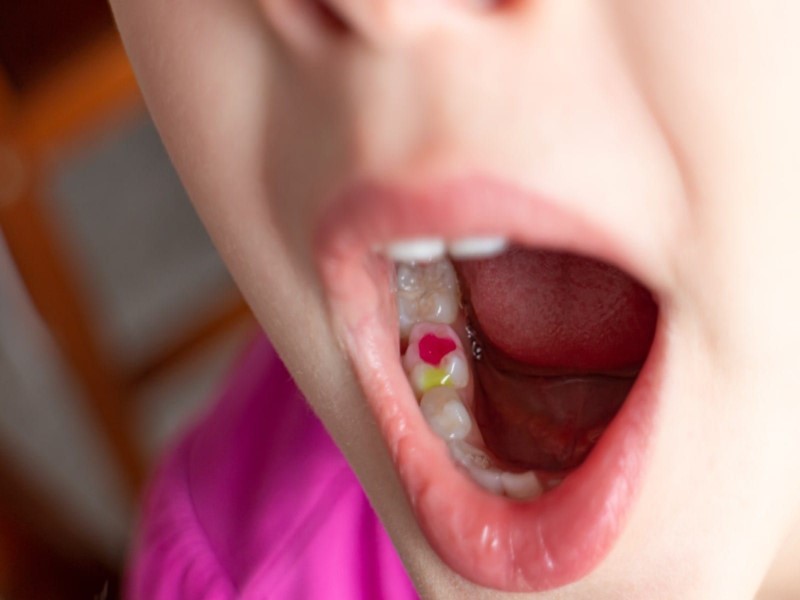
Baby teeth filling vs crown Tooth decay, the most ubiquitous chronic childhood illness, is a growing concern with the National Institute of Dental and Craniofacial Research reporting as many as 42% of children aged two to eleven suffer from cavities. However, detecting cavities at an early stage can make treating these dental issues much simpler. […]


